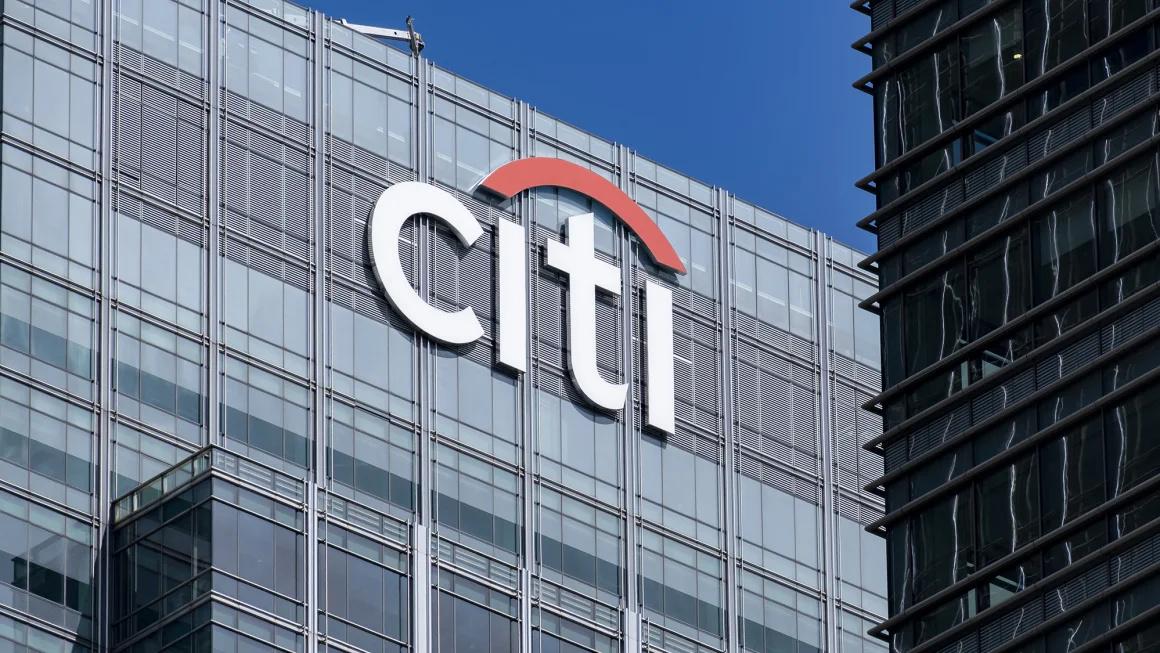Many customers signed up for 23andMe to explore their ancestry and health insights. However, with the company now filing for Chapter 11 bankruptcy, consumer advocates are urging users to delete their data to prevent it from falling into unintended hands.
Why It Matters
San Francisco-based 23andMe, which has struggled to maintain a sustainable business model, announced its bankruptcy filing on Sunday. As it pursues a sale, the genetic data of its 15 million customers could soon be transferred to a new owner.
While the company insists that its data protection policies remain unchanged for now, a new buyer could alter how this sensitive information is used. California Attorney General Rob Bonta has warned that life and health insurance companies could have a vested interest in acquiring such data.
Privacy Concerns
Currently, 23andMe’s privacy policy states that it does not sell personally identifiable genetic data and only shares information with researchers if users opt in. However, the policy can be changed at any time, raising concerns about future use.
Although federal law prevents health insurers and employers from discriminating based on genetic data, life insurance companies and other entities are not bound by the same rules. Additionally, while 23andMe has stated it will only share information with law enforcement under a legally valid warrant, privacy advocates remain cautious.
How to Delete Your Data
If you’re a 23andMe customer and want to remove your genetic data, follow these steps:
-
Log in to your 23andMe account.
-
Navigate to “Settings” in your profile.
-
Scroll to “23andMe Data” and click “View.”
-
Download your genetic data for personal use if desired.
-
Scroll to the “Delete Data” section and click “Permanently Delete Data.”
-
If you opted to have your saliva sample retained, request its disposal under “Preferences.”
-
Withdraw consent for third-party research under “Research and Product Consents.”
Attorney General Bonta has noted that the website may experience slowdowns due to high traffic but encourages users to persist in deleting their data.
As 23andMe undergoes restructuring, the future of its genetic database remains uncertain. For now, taking control of your personal data is the best way to protect your privacy














